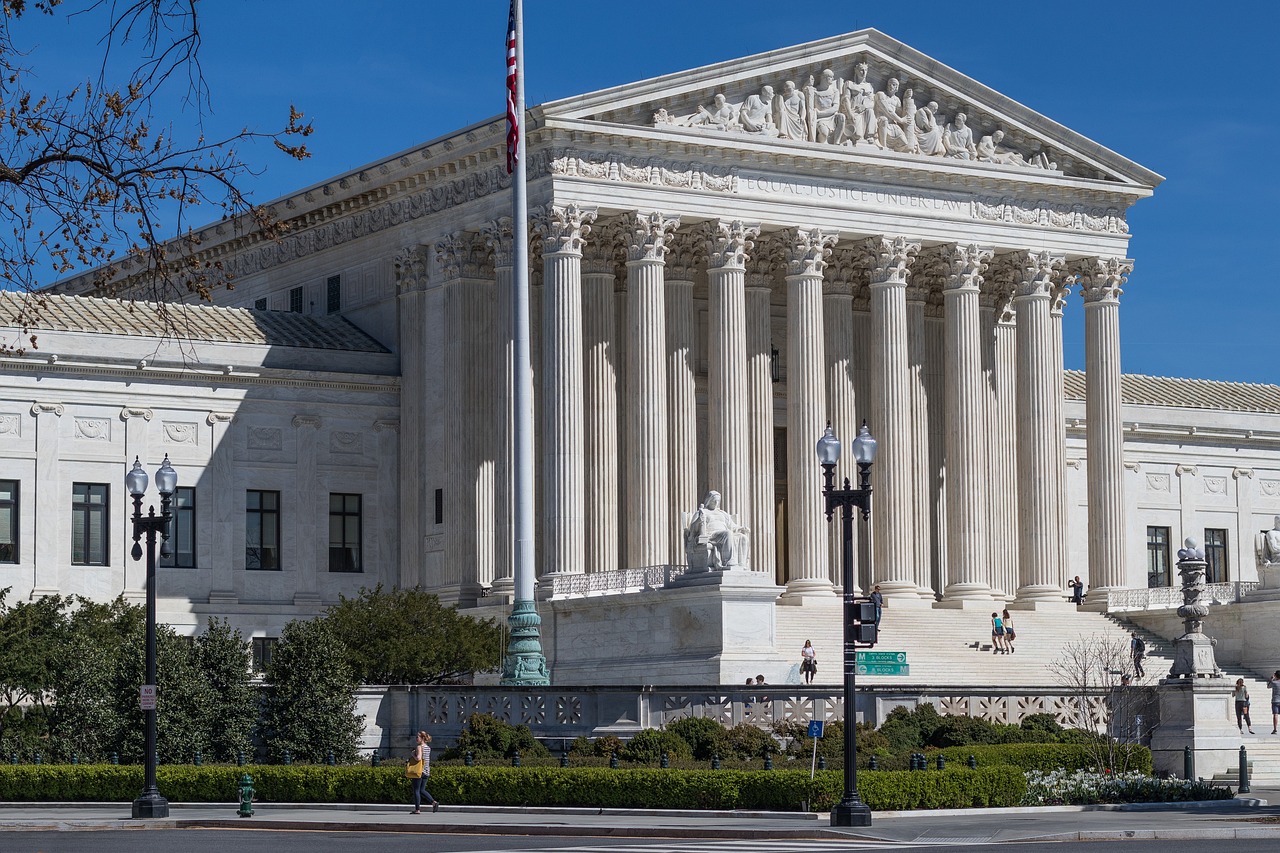
The U.S. Supreme Court delivered a huge win for industries affected by “federal overreach” including the aftermarket, says the Specialty Equipment Market Association (SEMA).
In its June 28, 2024 decisions in Loper Bright v. Raimondo and Relentless v. Commerce, the court overturned what is known as the Chevron Doctrine, which adopted the principle that judges should defer to federal executive branch agencies’ interpretations of their powers when the laws that Congress has written are ambiguous or have gaps so long as those interpretations are reasonable.
The Court’s decision affirms that agencies cannot take actions that are inconsistent with, or not supported by, the language of, the laws passed by Congress.
Prevoiusly, U.S. courts have followed a unanimous Supreme Court decision some 40 years ago called Chevron in that allowed for upholding reasonable agency interpretations of statutes where the U.S. Congress left room for different ways of applying the law. This approach gave deference to agency expertise where complex regulatory matters were concerned, like environmental protections, the safety of food, cars, and airplanes, medical care, banking, etc.
This recent ruling sidelines the role of agency expertise.
“These precedent-setting decisions will provide opportunities to revisit a wide array of regulations that affect so much of everyday life – including issues that directly impact the specialty automotive aftermarket,” says SEMA in a statement. “For the last four decades, many energy, climate, health, and safety regulations have been given deferential treatment in federal courts because of the Chevron doctrine. During this time, federal agencies expanded the scope of regulations beyond congressional intent, which has adversely impacted small businesses that drive the U.S. economy.”
“This decision, ” the statement continues, “restores the checks and balances of our system of governance and rightly places authority back where it belongs: with the elected officials in Congress who are charged with drafting federal laws. The Supreme Court’s decisions on these pivotal cases will help to reign in federal regulations where the executive branch has exceeded its statutory authority.”
In practice, according to myriad legal opinions, the ruling puts decisions into the hands of judges on whether to uphold or strike down agency regulations where laws or circustances create ambiguity. The ruling strikes down the previous mandate to defer to government agency expertise.
About SEMA
The Specialty Equipment Market Association (SEMA) serves as a leading voice for the worldwide car culture, representing over 7,000 member companies that create, buy, sell, and use specialty-automotive parts that make vehicles more unique, attractive, convenient, safer, fun, and even like new again. Business member benefits include product development resources, market research, networking, education, legislative advocacy, and more. The Association organizes the annual SEMA Show in Las Vegas, Nev., and actively supports the career and business opportunities that the aftermarket generates. The industry contributes nearly $337 billion in economic impact to the U.S. economy, supports 1.3 million jobs nationally, and generates $52.3 billion in parts sales annually.
For more information, visit www.sema.org.

0 Comments